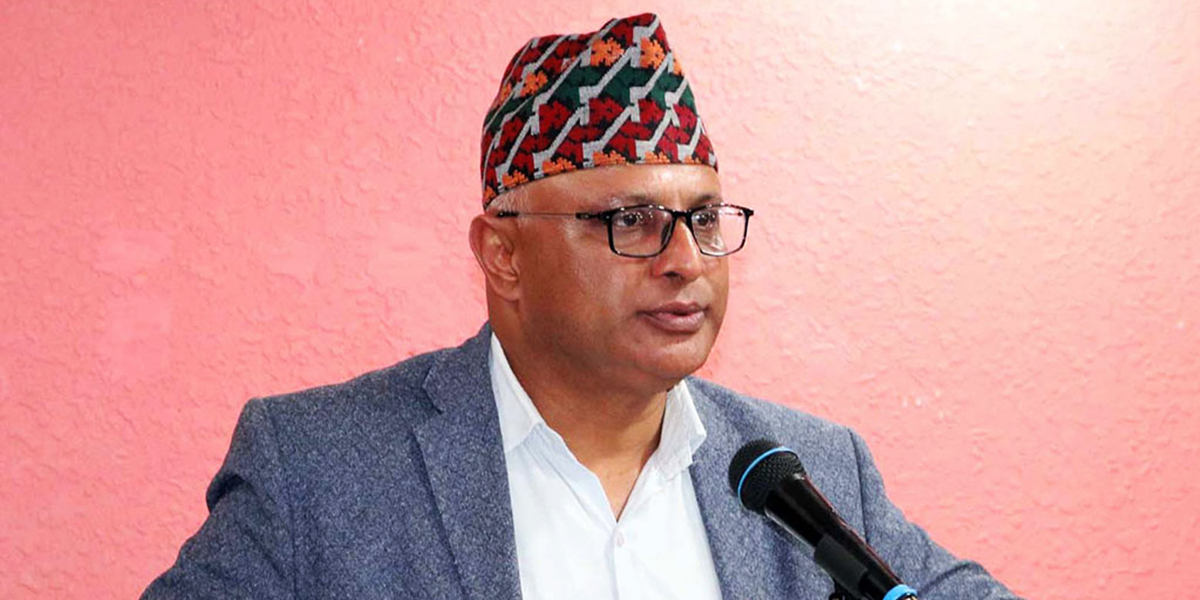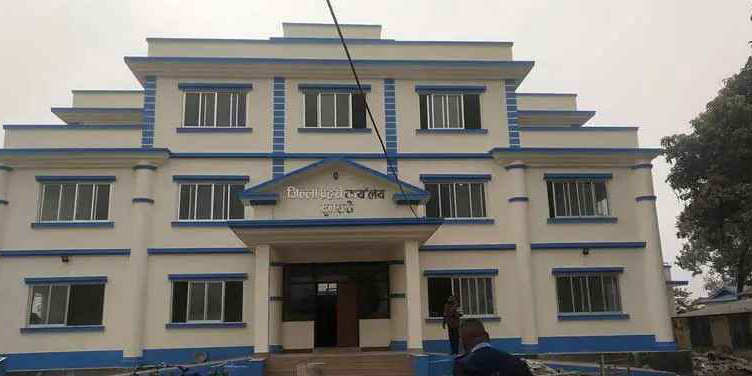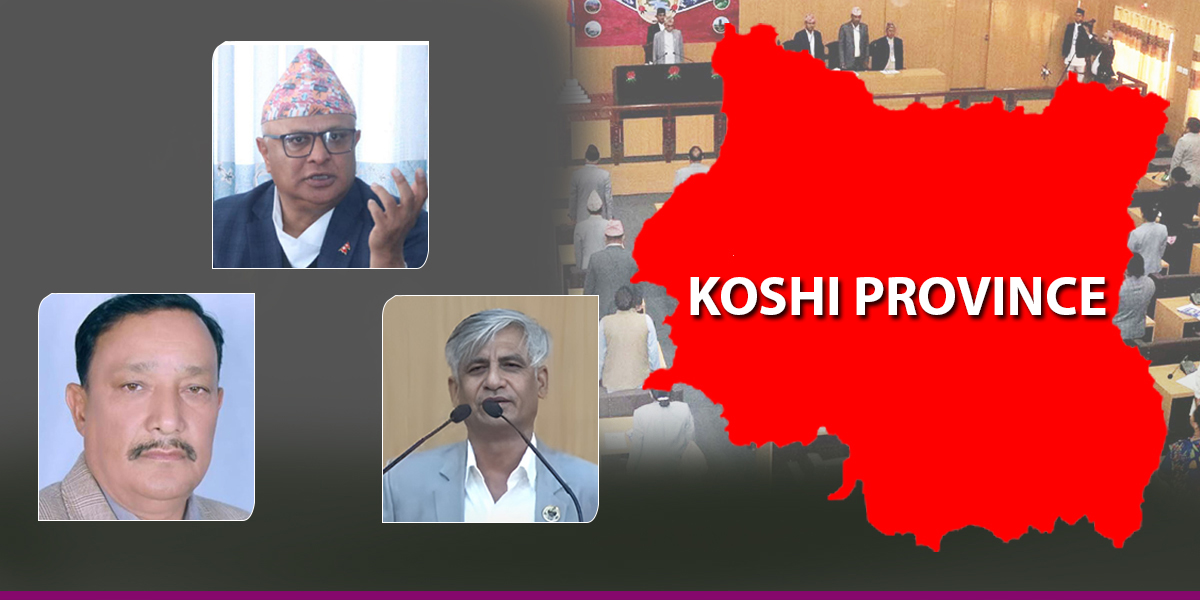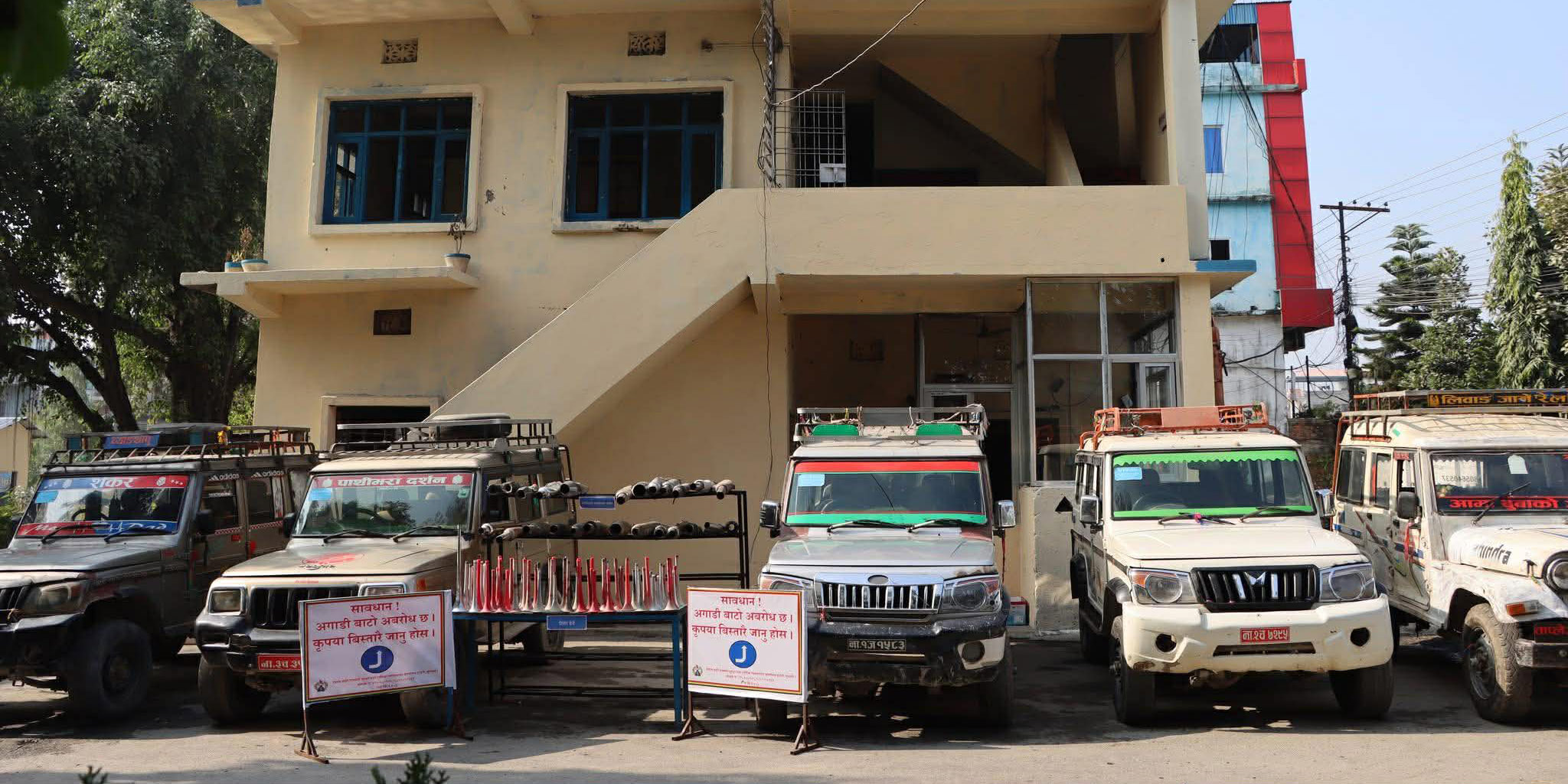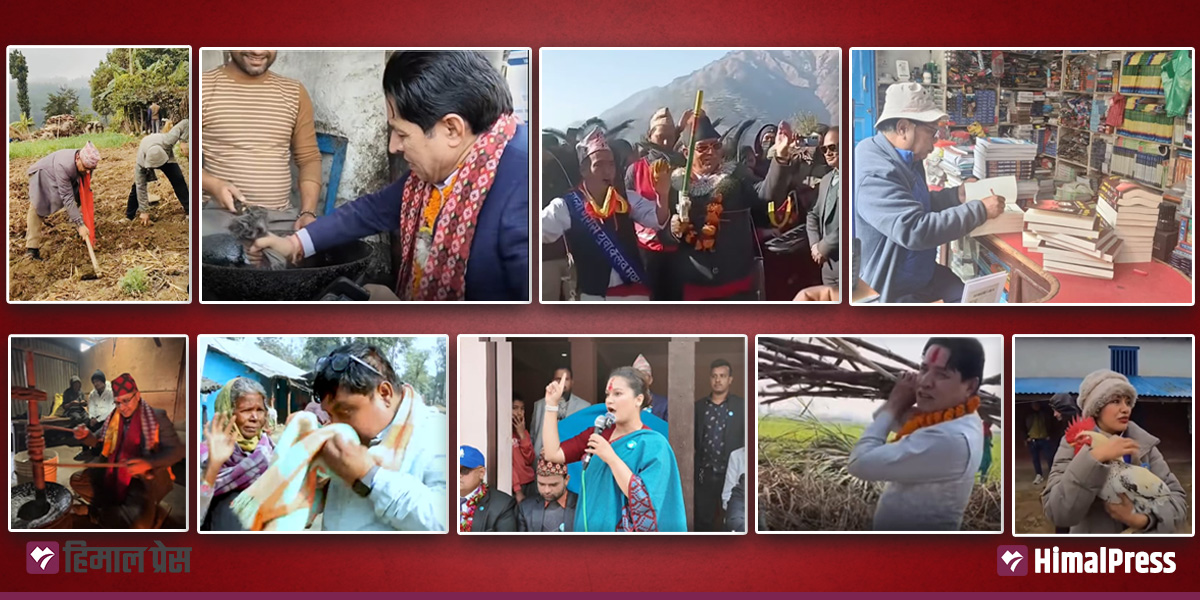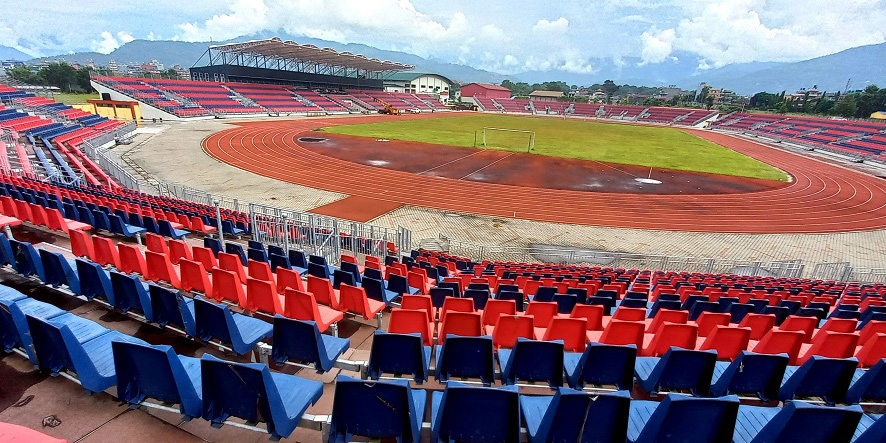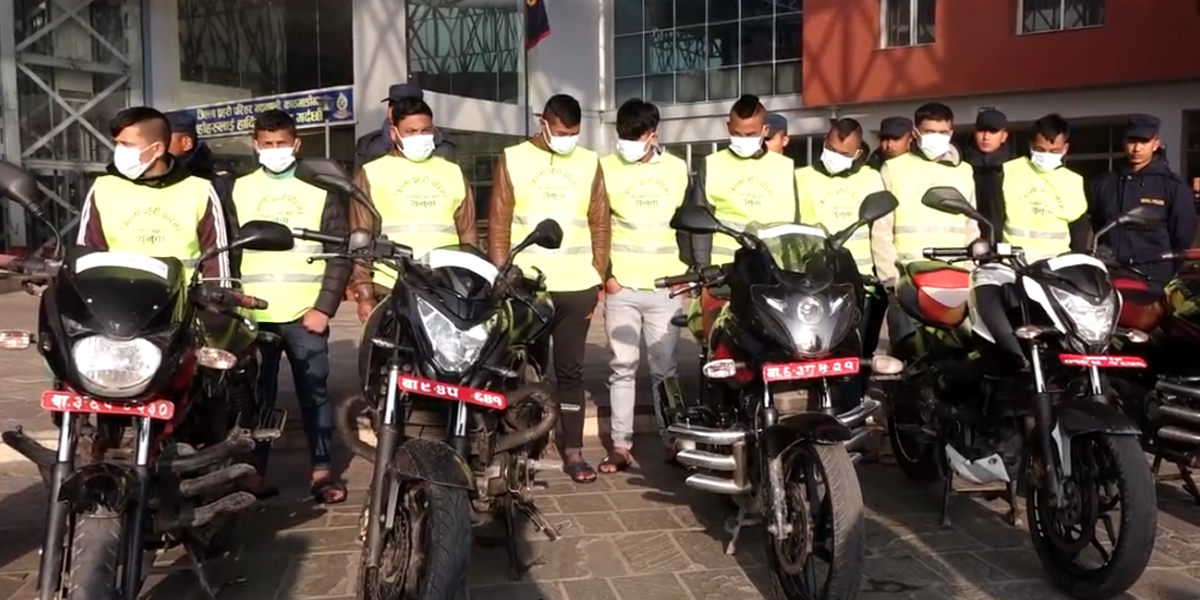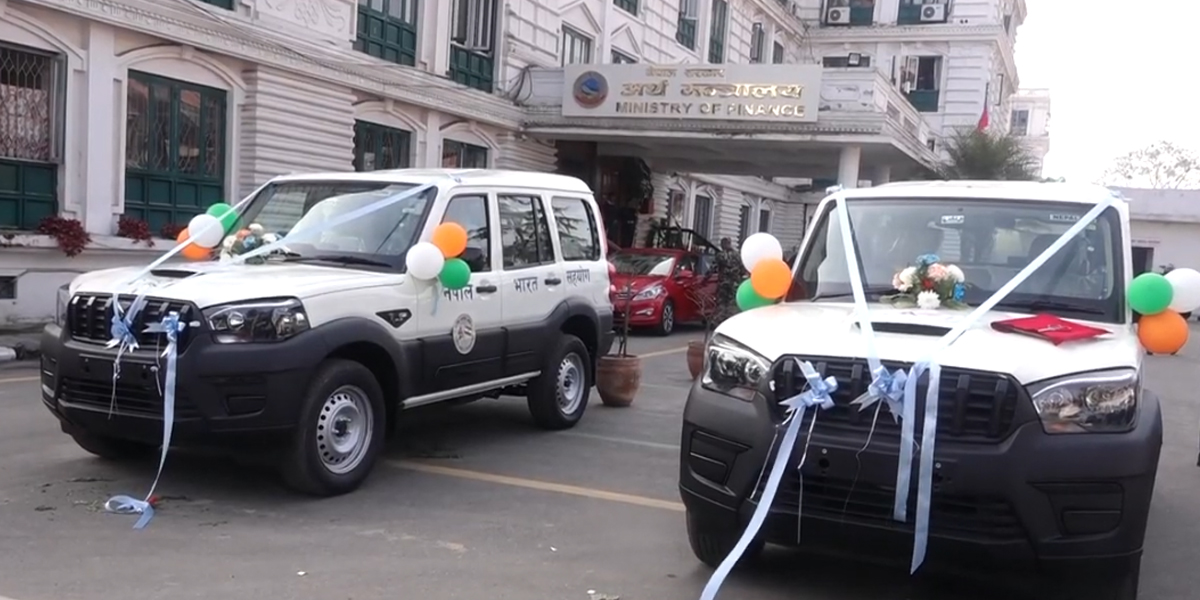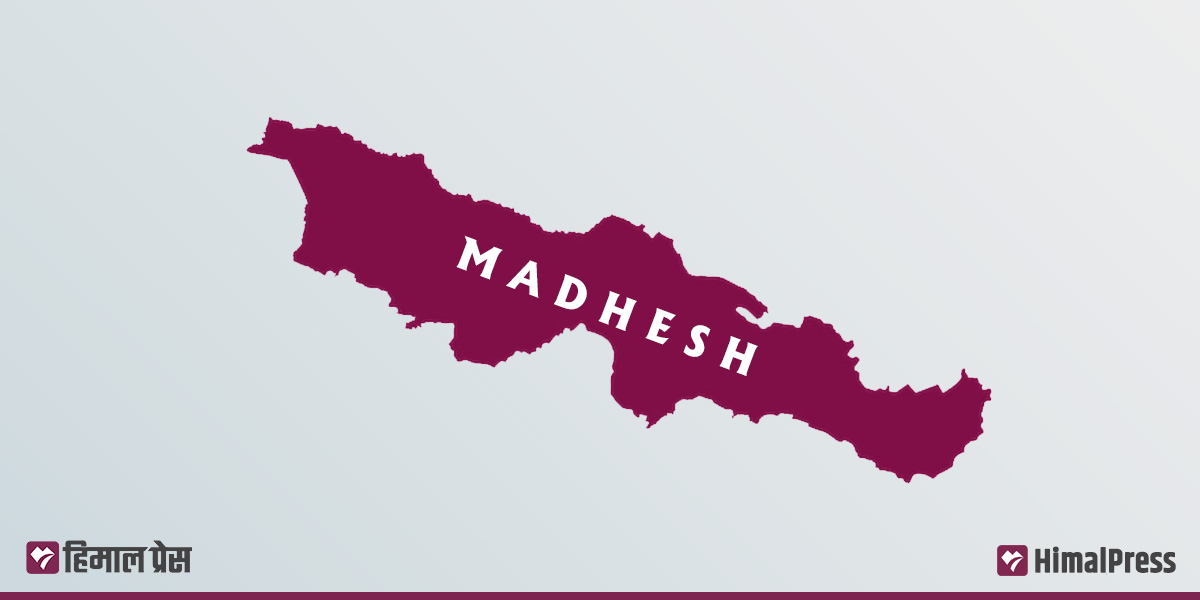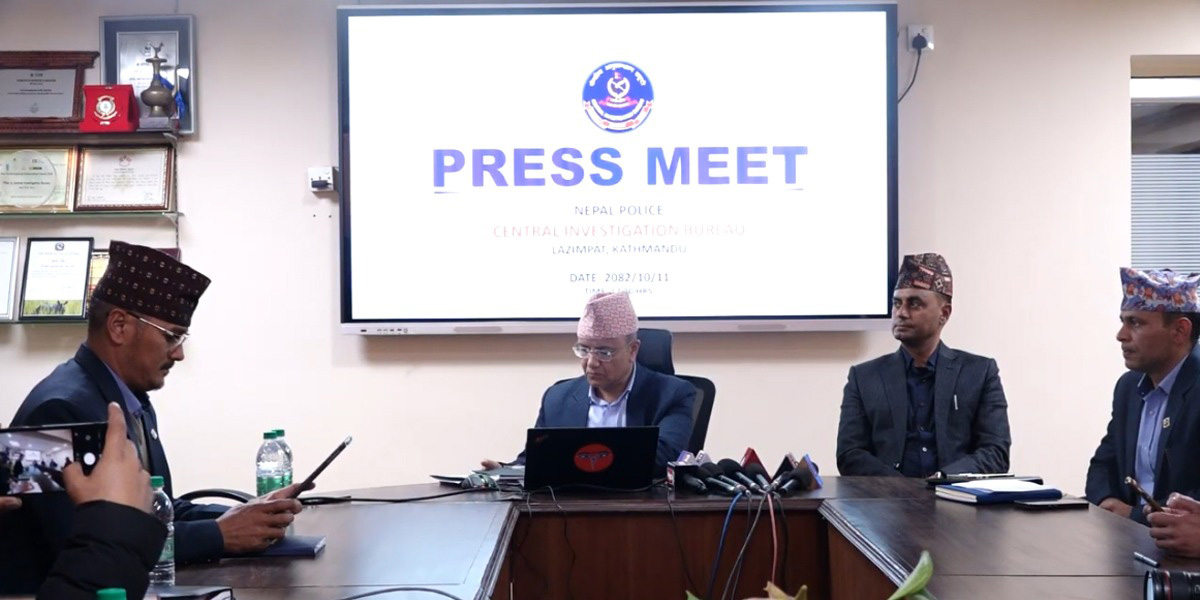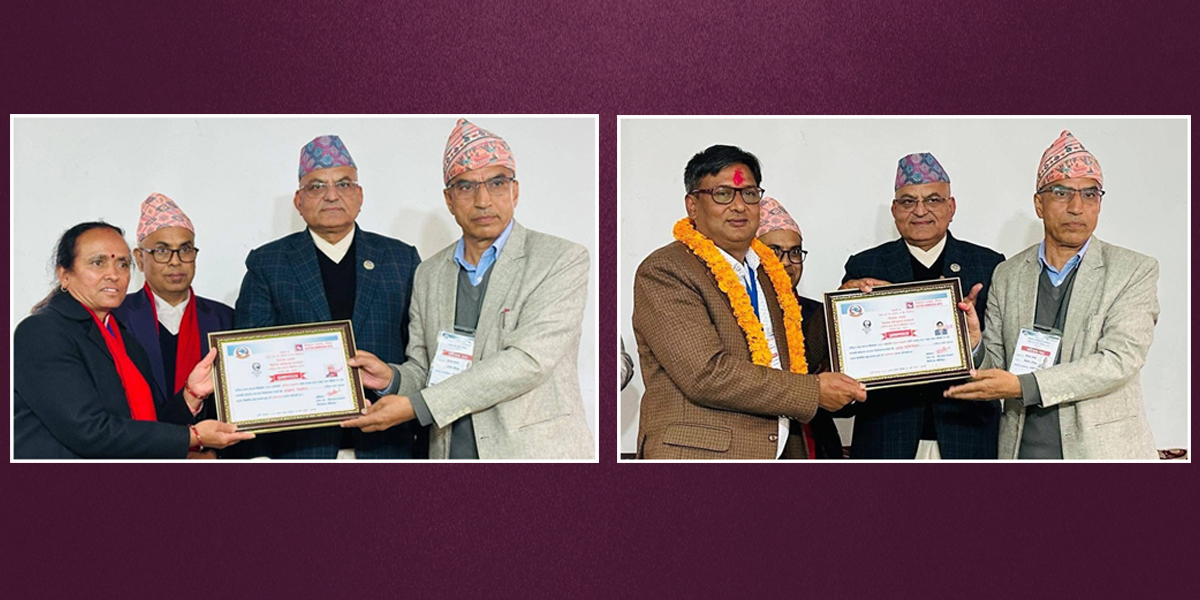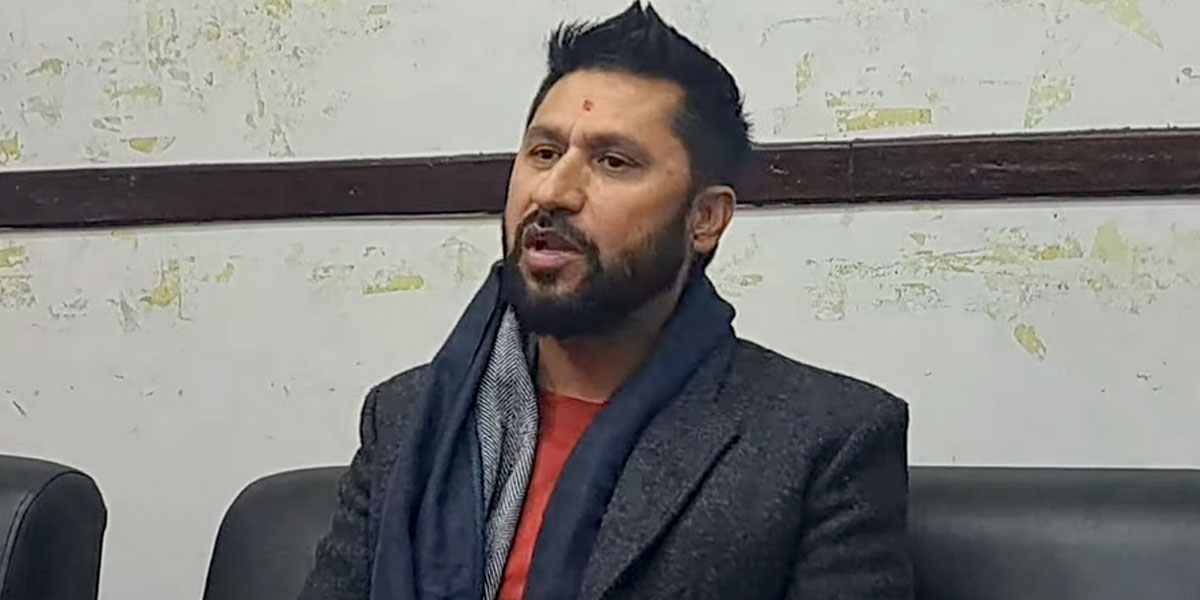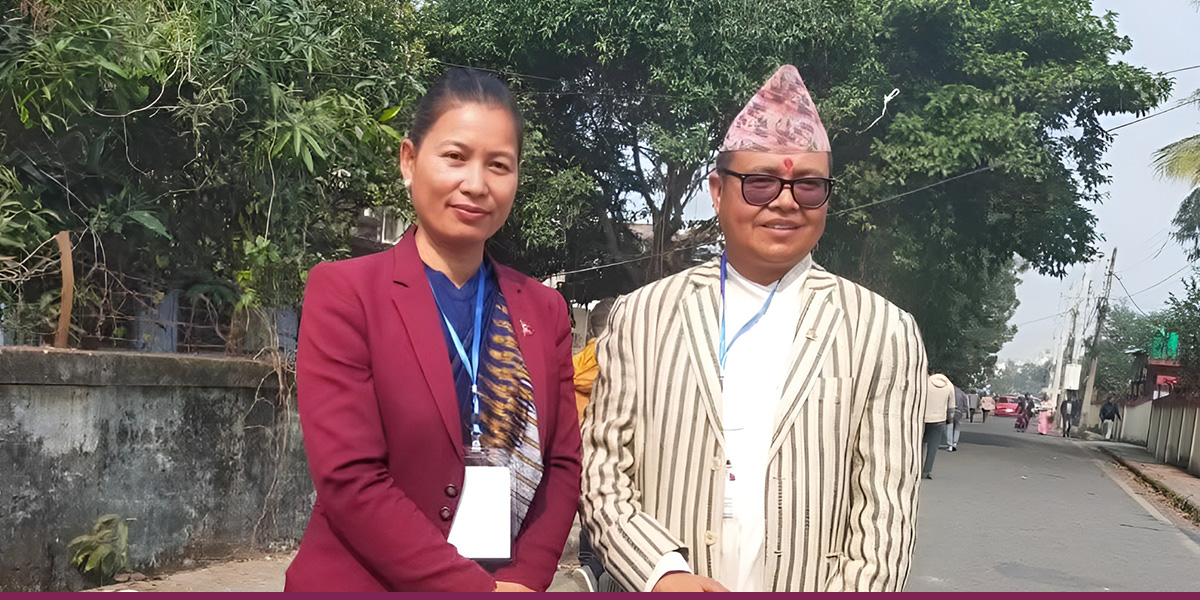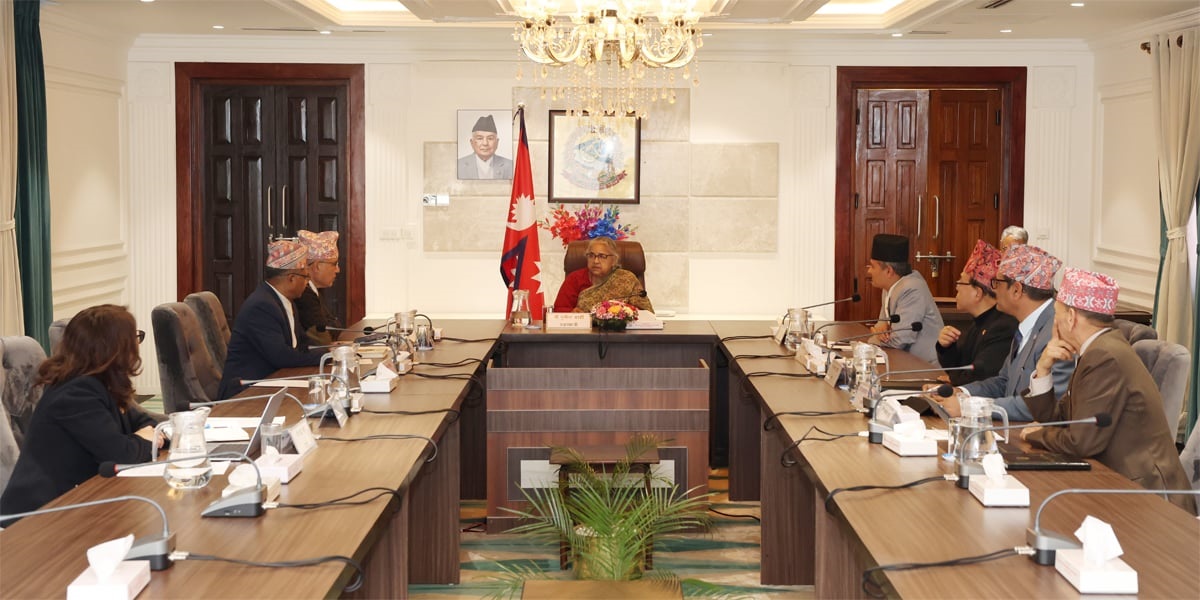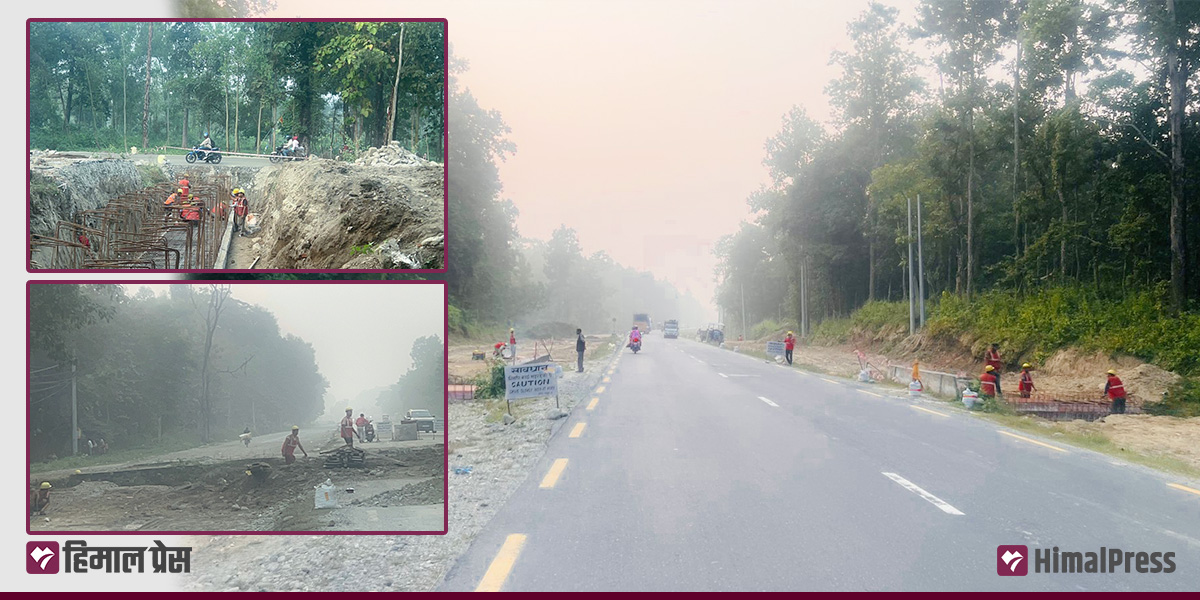
ITAHARI: Works are ongoing to upgrade the eastern section of the East-West Highway to Asian Highway standards.
The road section, stretching from Kakarbhitta in Jhapa to Laukahi in Sunsari, has been divided into five packages for construction. The western section, including packages 2, 3 and 5, is being overlooked by the Itahari office, while packages 1 and 4 fall under the eastern section and are being managed by the Damak office.
Package 1 covers the stretch from Kakarbhitta to Sitapuri, Package 2 spans from Sitapuri in Jhapa to Gothgaon in Morang, and Package 3 extends from Gothgaon to Labipur in Itahari. Similarly, Package 4 includes key bridges like Kankai, Biring and Ninda, while Package 5 involves the construction of over 300 bridges.
Three overpasses are being built on the Budhikhola-Labipur stretch of the road section near Itahari to ensure the smooth movement of motor vehicles on the highway. Officials of the Kakarbhitta-Laukahi Road Project told Himal Press that these overpasses will be built on the
“Three overpasses will be built between Budhikhola and Labipur in the Itahari section. One will be at Itahari Chowk, where vehicles on the East-West Highway will travel overhead, while north-south crossings will pass below,” said Engineer Pallav Shrestha, the information officer for the western section. He added that another overpass would be constructed near Tal Talaiya, and the third would be at Kalanki, near the road connecting Itahari Bus Park to the highway. All overpasses will be built using “iron wall construction.”
The western section will also include 69 culverts, three bridges over 300 meters long, and 28 bridges under 300 meters. Among the longer bridges, the Ratua Bridge in Jhapa and the Bakraha and Lohandra Bridges in Morang will be constructed.
The highway is designed for a speed of 100 km per hour.
The overpass at Itahari Chowk will be 42 meters wide and 5.5 meters high. “The overpasses on the east and west sides will each be 13 meters wide and 5.5 meters high,” Shrestha said. “The road will include 6.5-meter-wide service lanes on both sides, 5.5-meter-wide footpaths, cycling lanes, and a 33.5-meter-wide main road, totaling 50 meters.”
In addition to Itahari, overpasses will be constructed at Charali, Birtamod, Charpane in Jhapa, and Baliya in Morang.
According to Shrestha, the project will be completed within three years since there are no land compensation or clearance issues. The construction began six months ago. “There are no delays or obstacles. Since no compensation is required, the work is moving swiftly,” Shrestha stated.
The stretch from Sitapuri in Jhapa to Labipur in Itahari spans 95.7 kilometers – 45 kilometers in the eastern section and 50.7 kilometers in the western section.
According to officials, Package 2 and Package 5 have achieved only 10% progress, while the progress of Package 3 stands at 5%. “The ongoing work will cover road expansion up to Labipur in Itahari. Due to budget constraints, construction won’t extend to Laukahi for now, although its DPR and design are ready,” Shrestha added.
Jagat Prajapati, head of the western section, told Himal Press that the project is on track to be completed within three years. He, however, said that the relocation of electricity poles must proceed simultaneously for the project to be completed within the stipulated timeframe.
Out of 2,200 poles, NEA has relocated 600 poles so far. The Biratnagar-based regional office of the Nepal Electricity Authority (NEA) has said that the relocation of electricity poles has been affected due to a shortage of wires. According to the office, the work would resume once additional cables arrive.
The road’s width will differ in urban, forest, and rural sections, Prajapati said. It will have six lanes in urban areas and four lanes in forest areas, he added.
Houses Demolition in Itahari
The exact number of houses to be demolished in Itahari for road expansion is yet to be finalized. “Although we have an estimate, the Federal Urban Development Project Office in Biratnagar has yet to release final figures,” Shrestha said. The Building Department will conduct joint surveys to determine the number of houses to be demolished. “We will have clarity within two weeks,” he said.
As per preliminary estimates, around 100 buildings in Itahari may be affected.
Compensation will be determined by a valuation committee chaired by the Chief District Officer (CDO). “The committee will finalize compensation after building evaluations are completed,” Shrestha added.
The project is jointly financed by the government and the Asian Development Bank (ADB). ADB is covering 84.1% of the total project cost of Rs 34.9 billion, while the government is chipping in 15.9%. The project is scheduled to be completed by February 1, 2027.
The Asian Highway, which begins in Bangkok of Thailand, passes through Myanmar, Bangladesh, and India, before entering Nepal from Kakarbhitta. It extends to New Delhi in India and Karachi in Pakistan.
India has already completed the highway extension up to Kakarbhitta border.



